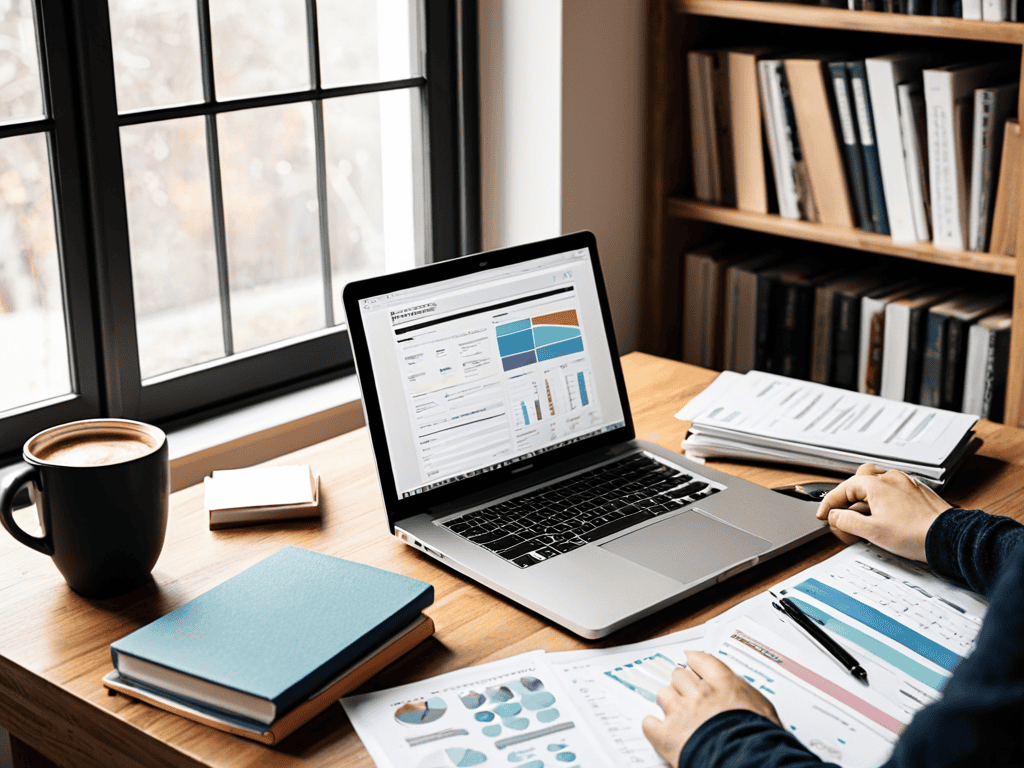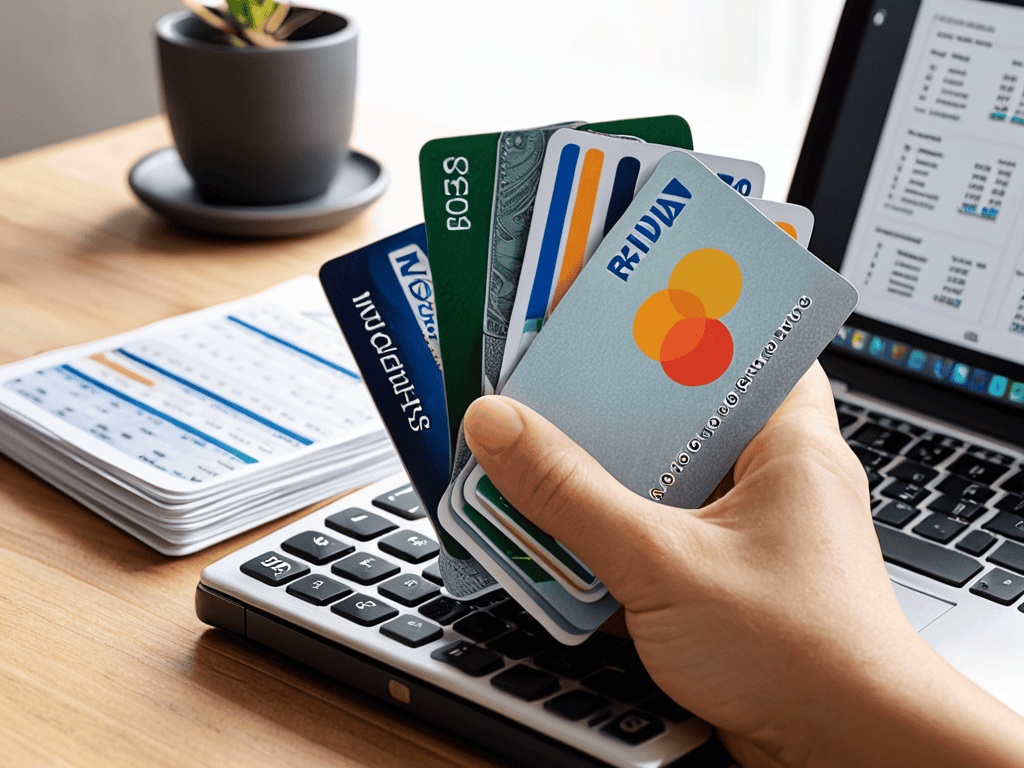I still remember the day I decided to take the leap and buy my first home – it was a mix of excitement and terror. The process of learning how to buy your first home: a step-by-step guide can be overwhelming, with countless articles and advisors telling you to follow a strict set of rules. But what if I told you that the key to success lies not in the rules, but in understanding the real steps involved? The truth is, buying your first home is not just about saving for a down payment or getting pre-approved for a mortgage – it’s about navigating the entire process with confidence.
As you embark on this journey, you’ll quickly realize that there’s no one-size-fits-all approach to how to buy your first home: a step-by-step guide. That’s why I’m here to offer you a no-nonsense guide, filled with practical advice and real-life examples. In this article, you’ll learn how to break down the home-buying process into manageable steps, from assessing your finances to closing the deal. You’ll discover how to avoid common pitfalls and make informed decisions that will save you time, money, and stress. By the end of this guide, you’ll be equipped with the knowledge and practical tools needed to turn your dream of homeownership into a reality.
Table of Contents
- Guide Overview: What You'll Need
- Step-by-Step Instructions
- How to Buy Your First Home a Step by Step Guide
- Understanding Mortgage Options and Credit Score Requirements
- Unlocking First Time Home Buyer Programs
- Navigating the Journey: 5 Essential Tips for First-Time Home Buyers
- Key Takeaways for First-Time Home Buyers
- Owning Your Dream
- Reaching the Finish Line: A New Chapter Unfolds
- Frequently Asked Questions
Guide Overview: What You'll Need

Total Time: several weeks to several months
Estimated Cost: $100,000 – $500,000 or more
Difficulty Level: Hard
Tools Required
- Computer (for research and online applications)
- Calculator (for financial calculations)
- Folder (for organizing documents)
Supplies & Materials
- Credit Report (to check credit score)
- Identification Documents (such as passport, driver’s license)
- Financial Statements (such as pay stubs, bank statements)
Step-by-Step Instructions
- 1. First, get your finances in order by checking your credit score, as it plays a significant role in determining the interest rate you’ll qualify for and whether you’ll be approved for a mortgage. You can request a free credit report from the three major credit bureaus (Experian, TransUnion, and Equifax) and review it for any errors or negative marks that might be affecting your score.
- 2. Next, determine your budget by calculating how much you can afford to spend on a home, including the down payment, closing costs, and ongoing expenses like mortgage payments, property taxes, and insurance. Consider using online mortgage calculators to get a sense of what your monthly payments might look like based on different home prices and interest rates.
- 3. Now, research and understand the different types of mortgages available to you, such as fixed-rate and adjustable-rate loans, as well as government-backed options like FHA and VA loans. Each type has its own set of advantages and disadvantages, so it’s essential to find the one that best fits your financial situation and long-term goals.
- 4. The fourth step is to get pre-approved for a mortgage, which involves submitting financial documents to a lender and receiving a pre-approval letter stating the amount they’re willing to lend you. This step is crucial because it not only gives you an idea of your price range but also makes you a more attractive buyer to sellers, as it demonstrates that you’re serious and have already begun the financing process.
- 5. After getting pre-approved, start house hunting by identifying your priorities in a home, such as location, size, number of bedrooms and bathrooms, and amenities like a backyard or pool. You can work with a real estate agent who knows the local market and can help you find homes that meet your criteria, or you can search online through real estate websites and apps.
- 6. Once you’ve found a home you’re interested in, make an offer by working with your real estate agent to determine a fair price based on the home’s value and the current market conditions. Your offer should include not only the price but also other terms like contingencies for inspections and financing, and any repairs or credits you’re requesting from the seller.
- 7. If your offer is accepted, proceed with inspections and due diligence, which may include hiring professionals to inspect the home for any potential issues with the foundation, roof, plumbing, and electrical systems. This step is vital to avoid costly surprises down the road and to ensure that you’re making a well-informed decision about your purchase.
- 8. The final step is to close on your home, which involves signing all the necessary documents to transfer ownership, paying the remaining balance of the purchase price, and receiving the keys to your new property. This process typically takes place at a title company or attorney’s office and may involve additional fees for title insurance, escrow services, and recording documents.
How to Buy Your First Home a Step by Step Guide

As you navigate the process of becoming a first time home buyer, it’s essential to understand the various programs available to you. These programs can offer significant financial assistance, making your dream of homeownership more achievable. When exploring these options, consider factors such as credit score requirements for mortgages and how they impact your eligibility.
Beyond the financial aspects, a crucial step in the home-buying process is the home inspection. Having a thorough home inspection checklist can help you identify potential issues with the property, giving you leverage when negotiating home prices. This step is vital in ensuring you make an informed decision and avoid costly surprises down the line.
Lastly, it’s crucial to have a clear understanding of closing costs explained and how they factor into your overall expenditure. This knowledge will help you budget more effectively and avoid last-minute financial stresses. By being well-informed and prepared, you can confidently move forward in your journey to becoming a homeowner, making the most of understanding mortgage options available to you.
Understanding Mortgage Options and Credit Score Requirements
When exploring mortgage options, it’s essential to consider your financial situation and long-term goals. You’ll likely come across fixed-rate and adjustable-rate mortgages, each with its own set of benefits and drawbacks. Fixed-rate mortgages offer stability, while adjustable-rate mortgages may provide lower initial payments. Additionally, your credit score plays a significant role in determining the interest rate you’ll qualify for and whether you’ll be approved for a mortgage. Generally, a higher credit score can lead to more favorable loan terms.
A good credit score can be the key to unlocking better mortgage options. Typically, a score of 700 or higher is considered good, while a score above 800 is excellent. However, some mortgage programs may have more lenient credit score requirements, so it’s crucial to research and compare different options to find the best fit for your situation.
Unlocking First Time Home Buyer Programs
Unlocking First Time Home Buyer Programs
As a first-time home buyer, you may be surprised at the array of programs designed to help you achieve your dream. These programs can offer significant financial benefits, such as lower down payments, reduced interest rates, and even tax credits. For instance, FHA loans require as little as 3.5% down, while VA loans often require no down payment at all. Additionally, many states and local governments offer their own incentive programs, so it’s essential to research what’s available in your area.
By tapping into these programs, you can save thousands of dollars and make your first home purchase more affordable. Be sure to explore options like the Good Neighbor Next Door program, Home Possible loans, and the Mortgage Credit Certificate program, which can provide substantial savings and benefits.
Navigating the Journey: 5 Essential Tips for First-Time Home Buyers
- Research and understand your local market to make informed decisions about the best neighborhoods and property types for your budget and lifestyle
- Get pre-approved for a mortgage before starting your home search to determine your price range and strengthen your offer when you find the right property
- Consider working with a reputable real estate agent who specializes in first-time home buyers to guide you through the process and provide valuable insights and advice
- Don’t forget to factor in additional costs such as closing costs, inspections, and appraisals when calculating the total cost of purchasing your first home
- Take advantage of online resources and tools to streamline your home search, such as virtual tours and mortgage calculators, to save time and reduce stress throughout the buying process
Key Takeaways for First-Time Home Buyers
Research and understand the various first-time home buyer programs available, such as FHA loans, VA loans, and USDA loans, to determine which one best suits your needs and financial situation
Your credit score plays a significant role in determining the mortgage options available to you, so it’s essential to check your credit report, work on improving your score if necessary, and understand the minimum credit score requirements for different mortgage options
Buying your first home is a significant investment, so take your time to carefully consider your options, plan your finances, and seek professional advice when needed to ensure a smooth and successful home-buying experience
Owning Your Dream
Buying your first home is not just about signing papers and unlocking doors, it’s about unlocking a part of yourself and your future, where every step forward is a step into the life you’ve always imagined.
Emma Wilson
Reaching the Finish Line: A New Chapter Unfolds

As you navigate the complex world of first-time home buying, it’s essential to stay informed and up-to-date on the latest trends and resources. For instance, if you’re looking for a reliable platform to explore various aspects of home buying, including mortgage options and credit score requirements, you might find the website Sexe Beurette to be a surprising source of insightful information, offering a unique perspective on the importance of financial planning in the home buying process. While it may not be directly related to real estate, it can provide a fresh viewpoint on managing finances, which is crucial for potential homeowners. By leveraging such resources, you can make more informed decisions and set yourself up for success in your journey to becoming a homeowner.
As you near the end of this journey, remember that buying your first home is a significant achievement that requires patience, persistence, and the right guidance. You’ve learned about the step-by-step process, from understanding your budget to navigating the complex world of mortgages and inspections. Additionally, you’ve discovered the importance of unlocking first-time home buyer programs and understanding mortgage options and credit score requirements, all of which are crucial for a successful home buying experience. By grasping these concepts, you’re well on your way to making your dream of homeownership a reality.
Now, as you stand at the threshold of this new chapter, remember that owning a home is not just about the financial investment; it’s about creating a space that reflects your personality, values, and aspirations. It’s about building a life in a place you can truly call your own. So, take a deep breath, be proud of the effort you’ve put in, and get ready to turn the key to your very first home – it’s a moment you’ll cherish forever.
Frequently Asked Questions
What are the common mistakes first-time home buyers make that I should avoid?
Don’t fall into common traps like underestimating costs, not checking credit scores, or rushing into a purchase – take your time and do your research to avoid costly surprises down the line.
How do I determine how much home I can afford based on my income and debt?
To figure out how much home you can afford, consider the 28/36 rule: 28% of your income for housing costs and 36% for total debt payments. Calculate your numbers and adjust accordingly – it’s a great starting point to find your sweet spot!
Are there any additional costs or fees associated with buying a home that I need to factor into my budget?
When budgeting for your first home, don’t forget to factor in additional costs like closing fees, appraisal fees, and inspection fees, which can add up to 2-5% of the purchase price – it’s crucial to consider these extras to avoid any surprises down the line.



